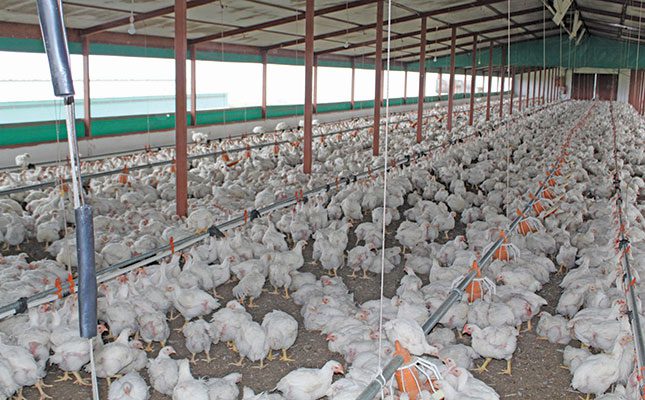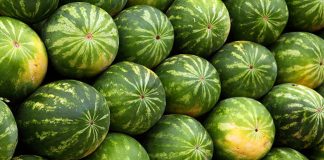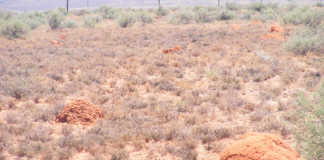
The directive, published in the Government Gazette early in October, came from the Minister of Trade Industry and Competition, Ebrahim Patel, in an attempt to prevent a possible shortage of chicken because of the highly pathogenic avian influenza (HPAI) outbreak in South Africa.
The directive called for an expedited investigation into the matter, for consideration to be given to whether the rebate should only be applicable to ordinary customs duties or also anti-dumping duties, and for the rebate to be made subject to a rebate permit issued by the International Trade Administration Commission (ITAC) in consultation with the director-general of the Department of Agriculture, Land Reform and Rural Development.
According to ITAC, it had received 18 comments on the publication so far that will be taken into consideration to create a recommendation in favour or against the proposed amendment. Patel, however, will have the final say.
Izaak Breitenbach, general manager of SA Poultry’s Broiler Organisation, said it seemed like the HPAI outbreak, also known as bird flu, that plagued the industry since January had peaked, with production looking as if it was on the road to recovery.
He said the industry was hard at work to circumvent any possible short-term chicken supply shortages by extending the age of non-affected broiler breeder flocks by two to three weeks, including the hatching of second-grade eggs in production, and producers importing 83 million broiler hatching eggs to replenish flocks.
Poultry reserves that built up in winter, along with increasing import volumes, would also help to address potential shortages: “Demand usually drops after December, so we expect supply and demand to balance again from then on.”
In terms of the rebate, Breitenbach said South African producers were not opposed to imports and welcomed fair competition. A blanket rebate, however, would favour foreign producers and provide importers with a cost advantage over local producers.
“It is not necessary to sacrifice taxes to encourage dumping. If enacted, the rebate will undo the trade protection previously deemed necessary to support local producers, in line with the Master Plan, and not do much for consumers at all,” Breitenbach said.
He said that bird flu had dealt a severe financial blow to many producers, with roughly 8,5 million chickens being culled to curb the outbreak, of which about six million were layers, and the rest broiler breeders.
“It is evident from some of the larger integrated producers’ financial results that they are experiencing losses in the millions of rands to keep South African chicken the cheapest that the consumer can buy. You won’t, however, hear about the losses of our small-scale farmers; a rebate may sound the death knell to their operations.”
He said the creation of an emergency fund to recover costs and repopulate flocks would be much more beneficial to local consumers, producers, and the South African economy than a blanket rebate.
“Deputy President Paul Mashatile recently said government would look at ways of compensating poultry farmers affected by the recent outbreak of bird flu, but it is still uncertain what the support would constitute. Minister of Agriculture, Land Reform and Rural Development Thoko Didiza is expected to make an announcement about this in the coming weeks,” he said.












